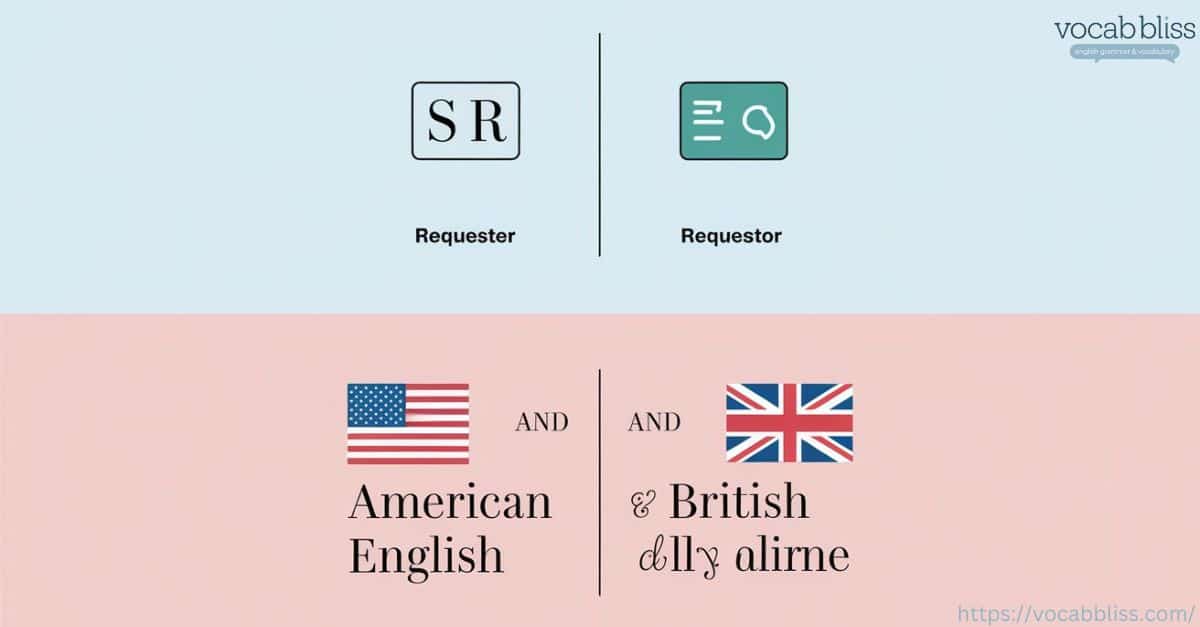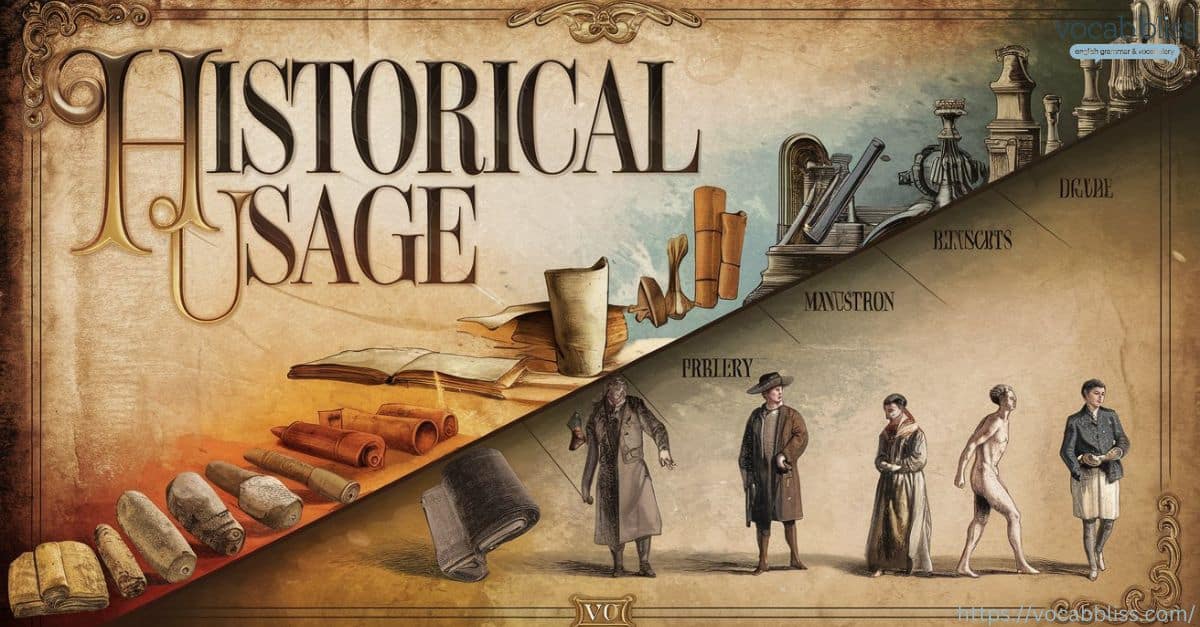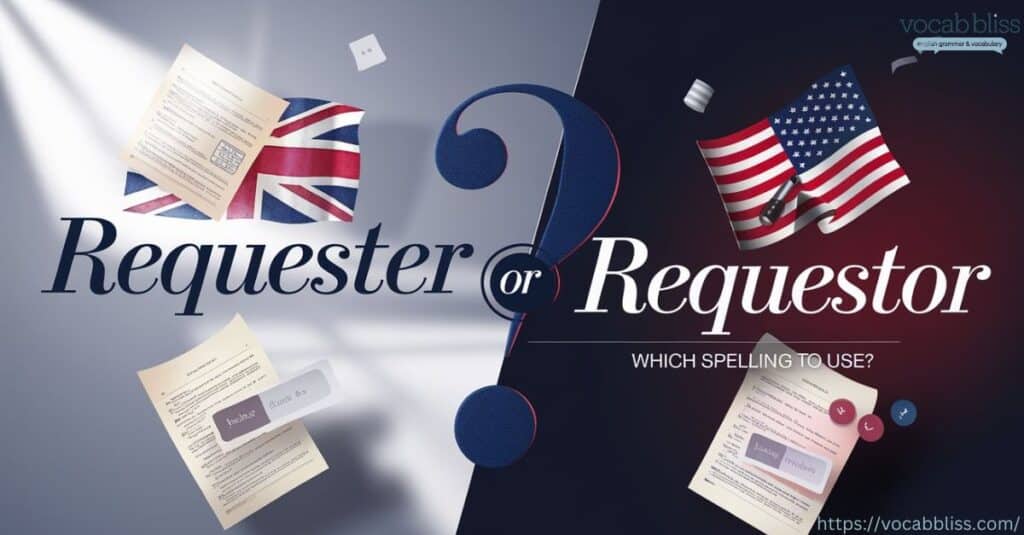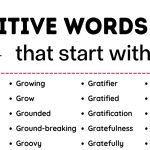Choosing the correct spelling in writing is essential for clarity, consistency, and professionalism. Even small variations, such as those between “requester or requestor“ can impact how readers perceive a document. This guide covers everything you need to know about the meanings, usage, historical origins, and context-specific applications of these terms.
With detailed examples, historical insights, and practical usage tips, this article will help you confidently decide between “Requestor or Requester” based on your audience and writing needs.
What Do “Requester or Requestor” Mean?
To begin, let’s clarify what “requestor or requester” mean and explore the contexts where we use each term.
- Requester: A “requester” generally refers to someone who asks for something. People use this term widely in both informal and formal settings, and it tends to be preferred in everyday communication. Whether you’re filling out a form or writing an internal document, most readers understand and accept “requester.” It carries a neutral and versatile tone that works across many communication types.
- Requestor: “Requestor” also means one who requests but has a more specific application, often found in formal, technical, and legal contexts. This term appears more commonly in specialized fields like law, software development, and business documentation, where precise language is valued. “Requestor” frequently appears in API documentation or court records and has a slightly more formal connotation than “requester.”
Key Point: While both terms mean “someone who requests,” requestor has a more formal and specific tone, making it ideal for certain technical and legal documents. Requester is more versatile, fitting well in both formal and casual settings.
Requester vs Requestor: Which is Correct?

When deciding which term to use requestor vs requester, consider factors such as regional spelling preferences, formality, and context. Understanding when to use “requester” versus “requestor” can enhance your communication’s professionalism and clarity.
Read more: Steam or Steem: What’s the Difference?
Regional Preferences: American vs. British English
- American English: In the U.S., “requestor” is more commonly found in technical fields and formal writing. Legal and business documents frequently use “requestor” to align with domain-specific standards.
- British English: In the U.K., “requester” remains the dominant form in most contexts, whether formal or informal. Even in specialized settings, British English often leans toward requester for simplicity and familiarity.
Formal vs. Informal Contexts
- Requester works well in casual writing, emails, and informal documents. Businesses frequently use it in settings with a broad and varied audience, such as internal reports or cross-departmental communications.
- Requestor is suitable for highly specific contexts where formality and precision matter. In legal, technical, and documented protocols like API guidelines, “requestor” is the preferred choice.
Example: “In a technical support document or API framework, a ‘requestor’ might refer specifically to a system or client requesting an authentication token to access data. Meanwhile, a ‘requester’ might simply be a person or department asking for information or a service.”
Choosing Based on Document Type
| Document Type | Preferred Term |
|---|---|
| Legal Opinion | Requestor |
| API Documentation | Requestor |
| Internal Company Memo | Requester |
| Freedom of Information Act Request | Requestor |
| Business Proposal | Requester |
Practical Advice: If writing for a technical audience or within a specialized industry (such as legal, business, or technology), “requestor” aligns well with formal expectations. For general business or casual communication, “requester” is more accessible.
Origins of the Words “Requester vs Requestor”
Understanding the etymology of “requestor or requester” can help illuminate why each word holds a particular place in English. Both words share similar roots but took on distinct paths in usage over time.
Etymology
The words requestor or requester both derive from the Latin verb requaerere, which means “to seek” or “to ask.” Over centuries, this Latin term evolved into various forms in Old French and then into Middle English, creating agent nouns in English.
- Requester:This form, being more versatile and widely understood, became a universal term in English for “one who requests.” Requester has its roots in general usage and is now commonly accepted in both informal and formal English.
- Requestor: The addition of -or rather than -er in English often indicates formal, technical terms, especially in the legal and business realms. The term “requestor” became associated with specific, formal settings and frequently appears in legal or highly regulated documents.
Historical Usage: “Requester” entered general English usage around the same time as “requestor” but diverged in popularity based on context. By the 20th century, requester had become the dominant term in casual communication, while requestor was confined to specialized legal and technical fields.

Grammar and Style Considerations
Choosing between “requestor or requester” involves more than just knowing definitions—it also requires an understanding of grammar and style consistency to ensure professional writing. Here’s how to approach these terms with precision.
Consistency in Writing
Consistency is essential in writing. Switching between “Requester vs Requestor” within the same document can cause confusion and make the content appear unpolished. Always choose one form and stick with it to maintain a cohesive tone.
Professional Tip: If your organization has a style guide, it likely specifies which form to use. Following these guidelines is essential in technical fields and business documentation where consistency signals professionalism.

Contextual Usage Guidelines
- Legal or Technical Writing: “Requestor” is generally preferred here. Its specificity aligns with the formal tone required in legal petitions, API documentation, and technical manuals.
- Casual or Business Writing: “Requester” is more accessible to a broader audience and avoids unnecessary formality. It’s suitable for most emails, business proposals, or informal documents.
Example: In a legal document regarding a freedom of information request, using “requestor” ensures clarity and aligns with formal legal conventions. Conversely, in a general business report on internal procedures, “requester” conveys the same meaning with a softer tone.
Case Study: In a large technology company’s internal documentation, the legal team uses “requestor” exclusively for formal policy language, especially in data access requests. Meanwhile, the HR department uses “requester” in casual forms and general communications.
Examples in Context
To further clarify when to use “requester versus requestor,” here are examples of each term in context, showcasing different writing styles and audience expectations.
Examples of “Requester” in Sentences
- “The requester must fill out the approval form before submitting it to the project manager.”
- “In customer service, each requester has the right to follow up on their request if they don’t receive a response within two days.”
Examples of “Requestor” in Sentences
- “The requestor filed a formal petition with the court to access the sealed records.”
- “In API documentation, the requestor is the client making a request for authentication tokens to access the server.”
Quick Tip: If the document is formal and highly structured, “requestor” signals a professional tone. For a general business audience, however, “requester” works well without introducing formality.
Synonyms of “Requester or Requestor”
When writing for varied audiences, using synonyms for “Requestor vs Requester” can add variety and clarity. Here’s a list of related terms and when to use each one.
| Synonym | Definition | Suggested Contexts |
|---|---|---|
| Applicant | Someone applying for something | Job applications, formal requests |
| Petitioner | Someone formally requesting a right | Legal petitions, court cases |
| Seeker | One who searches for or seeks | Informal documents, casual contexts |
| Inquirer | One who asks or investigates | Research, survey forms |
| Solicitor | Often used in legal contexts | Legal petitions, approvals |
Usage Tip: Choosing the right synonym can further refine tone and tailor language to your audience. For instance, “petitioner” emphasizes formality, while “seeker” has a softer, informal connotation.
Practical Tips for Choosing Between “Requester” and “Requestor”

To choose the correct form based on industry, audience, and purpose, here are tips for applying “requester” and “requestor” in your writing.
Industry-Specific Standards
- **Technical Fields**: In API and software documentation, “requestor” is often preferred for *consistency with technical terminology.*
- Legal and Business Settings: In formal petitions or records, “requestor” aligns with legal industry standards.
- General Communication: In broader business communication, “requester” is generally understood and avoids unnecessary complexity.
Example: For an internal IT document, “requestor” might refer specifically to a department requesting data access, while “requester” could indicate a more general user request.
Company or Personal Preference
If there’s no strict guideline, use the form that best suits your audience and document style. Companies sometimes establish preferences within a style guide to maintain consistency.
Example: A tech company might standardize “requestor” across all technical manuals but use “requester” in general employee handbooks.

Conclusion
Choosing between “requester” and “requestor” can significantly impact the tone and clarity of your writing. For most general communications, “requester” is the preferred form due to its versatility and ease of understanding. However, in specialized contexts like API documentation or legal records, “requestor” may be appropriate for its more formal connotation.
Final Usage Tips
- Use “requester” for general audiences and in casual communication, such as emails, business proposals, and company memos.
- Use “requestor” for technical or legal contexts where formal terminology is expected.
- Stick to one form consistently throughout your document to maintain professionalism.
Whether for formal or informal use, understanding the differences between these terms enables more effective and precise communication. Now, with the knowledge to make an informed choice, you can confidently use Requestor vs Requester in your writing, achieving clarity, professionalism, and linguistic accuracy.






